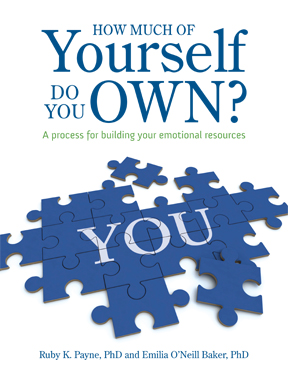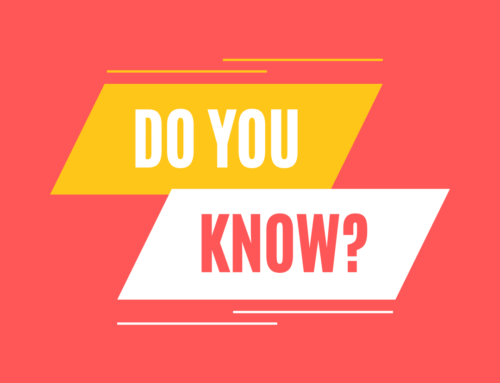 Our newest book, How Much of Yourself Do You Own?, serves as a practical tool kit for individuals, self-help groups, peer-support groups, and therapy groups seeking change and emotional wellness. The book contains insights and tools drawn from research-based change principles, as well as the authors’ personal and professional experience. Please see this handout for further information.
Our newest book, How Much of Yourself Do You Own?, serves as a practical tool kit for individuals, self-help groups, peer-support groups, and therapy groups seeking change and emotional wellness. The book contains insights and tools drawn from research-based change principles, as well as the authors’ personal and professional experience. Please see this handout for further information.
As people journey through life, many give away or lose vital parts of themselves. They spend precious energy on people and circumstances that restrict their growth. Past pain, old patterns of thought and behavior, anxieties, fears, unhealthy relationships, and problems at work or at home all take their toll.
Responsibilities and demands are increasing at a time when energy levels are starting to decrease. And where’s the joy and the fun? Why aren’t people more resilient, relaxed, and reflective?
According to the authors, to evolve as emotionally healthy adults, people need to:
- Develop an awareness of emotions, feelings, thoughts, and behaviors
- Identify actual needs
- Make constructive choices
- Learn from both negative and positive experiences
- Build up emotional resources to see them through choices, changes, and challenges
- Energize their lives with fulfillment and joy
Authors Ruby Payne—career educator, speaker, and founder and CEO of aha! Process—and Emilia O’Neill-Baker—psychologist, clinical counselor, and international consultant for employee wellness and organizational development—have combined their wealth of experience and expertise to create strategies that can be implemented immediately to improve emotional well-being. How Much of Yourself Do You Own? is also an excellent reference for higher education students in all helping fields—counseling, psychology, social work, psychiatry, nursing, etc.—and supervisors of practicum and internship students.
Readers will learn:
- What drains your energy, generates negative stress, and weakens your sense of well-being
- How relationships can make or break you—and affect what you tell yourself about yourself
- How you can build yourself up again, fill in what was lost, and regain your energy
- Why it’s an ongoing process that calls for being ready to deal with new and future losses
- The many uplifting and energizing gifts that come with emotional health and wealth
Nicole Booker, senior director of Collective Impact, United Way of Summit County, Ohio, says of the book, “Many of us underestimate the impact our emotional health has on every aspect of our lives. This short guide to resourcing our emotional selves is a good jump-start on the journey to taking better care of ourselves.”
Another strong testimonial comes from José Antonio García, a recovering cocaine user in a support group for relapse prevention, who said, “Many people tell you ‘you need to change,’ but they don’t tell you ‘how’ to do it. This is a great hands-on guide to learn strategies to let go of bad memories and behaviors—and develop a healthy lifestyle. I wish I had had this book when I was younger. It would have saved me a lot of pain!”
Originally conceived as an ongoing support tool for graduates of aha! Process’s Getting Ahead in a Just-Gettin’-By World program, which helps adults make the transition from poverty to sustainability, How Much of Yourself Do You Own? is a versatile resource that can be used to support anyone in the process of building emotional resources.
aha! Process is a consulting and training company that works across all sectors of a community to address the root causes of poverty, support individuals as they build resources, and achieve a sustainable community where everyone can live well. For more than 15 years, aha! Process has helped communities and organizations around the world eliminate barriers for thousands of under-resourced individuals.
About aha! Process:
aha! Process is an award-winning training and publishing company that works across all sectors of a community to address the root causes of poverty, support individuals as they build resources, and achieve a sustainable community where everyone can live well. They have worked with thousands of schools, employers, hospitals, colleges, first responders, judges, and community organizations, providing concrete strategies and proven tools to help under-resourced individuals thrive. This work leverages nearly 20 years of experience strengthened by a growing body of knowledge from communities using and adapting our model. These programs help institutions and communities understand people in poverty and engage with them to build success.
Media Contact:
For interviews or to request a preview copy of the book, media members may contact:
Name: Chase Pattillo
Email: cpattillo@ahaprocess.com
Phone: (832) 514-2689








